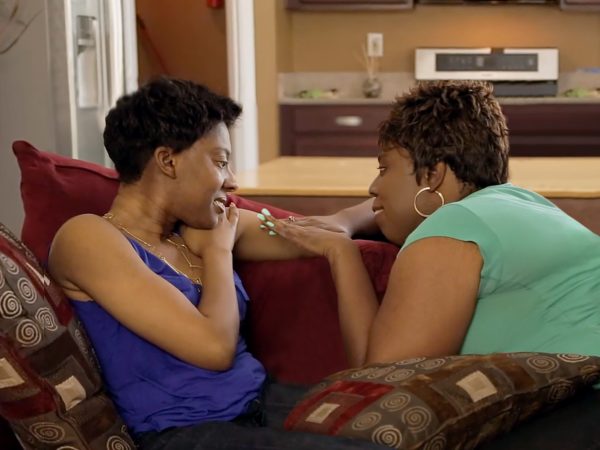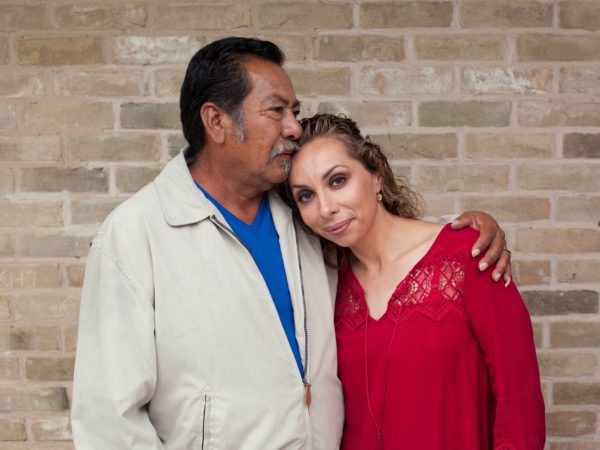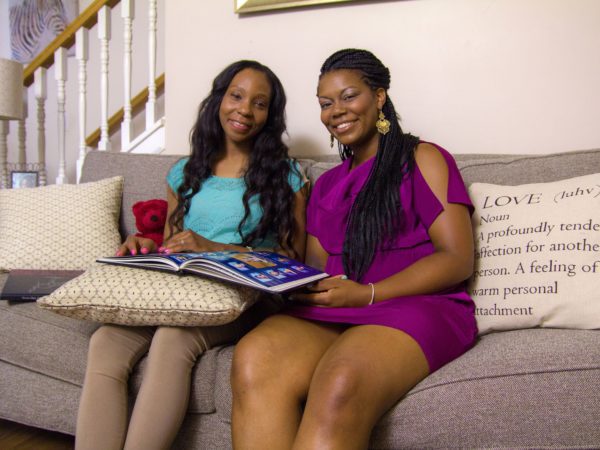William: If you know anything about being black and being raised by a grandmother, you were in church every Sunday, all day on Sunday.
When I was diagnosed with HIV, it was a lot of shame, um more so a lot of fear. When I went to my church for prayer, they wouldn’t touch me, they wouldn’t hug me. Um you’re going to hell. That just pierced the very core of what I had. It just pierced the core, that day, that really hurt.
I left that church that day and that’s when I started looking for a church that would feed me.
You have got to find that safe place. You have to find somebody to take care of your spirit. It took me 6 years to get there, but I got there.
Pastor: I would hope that our church would be a model, particularly for other African American churches, and not to be afraid to deal with the issue.
William: Because 6 years ago, I wouldn’t be standing here today, but through the grace of God, you know he has allowed me and brought me a mighty long way. You can go to the doctor, he’ll give you the medication and the care. You can go to a mental health provider, they’ll work you through the issues. You have to find somebody to take care of your spirit. You have to have a strong support system.
Pastor: I would pray that this would be a safe place, that people who are HIV positive can come and receive counsel. Even discover how to get medicines.
William: Open up your doors and offer spiritual care and counseling for people with HIV. We have to get over the stigmas that we place on it. We have to stop looking at morality and start looking at spirituality. That’s really my prayer.
Thank you for this day and for all that you’ve done for us to get us to this very place, Lord God. Amen.
William is a husband and pastor. He was diagnosed with HIV in 2009, and has since become passionate about how integral his faith and the faith community are in helping those living with HIV/AIDS live healthy and productive lives.
Be Informed, Talk Openly
Knowing the facts and talking openly about HIV helps end stigma. Having the support of loved ones improves the health and well-being of people living with HIV.


